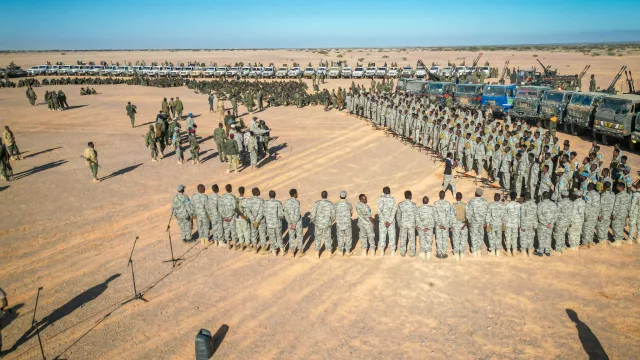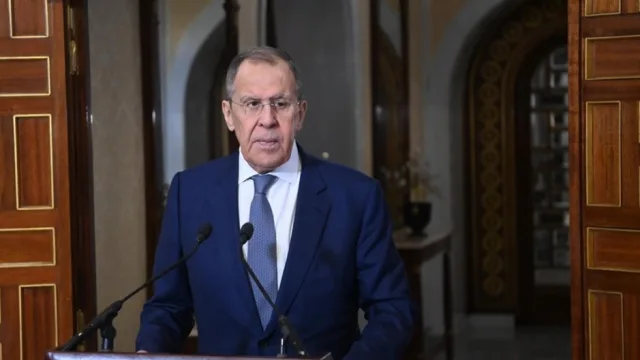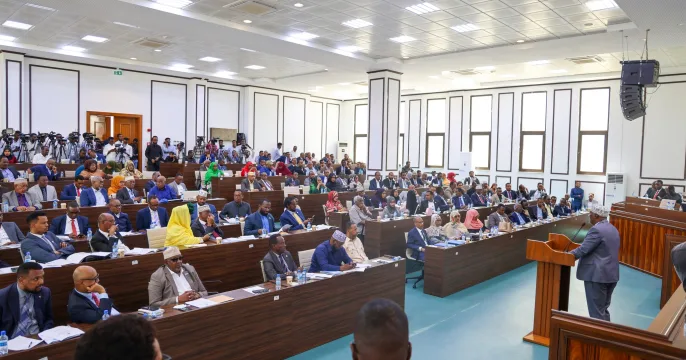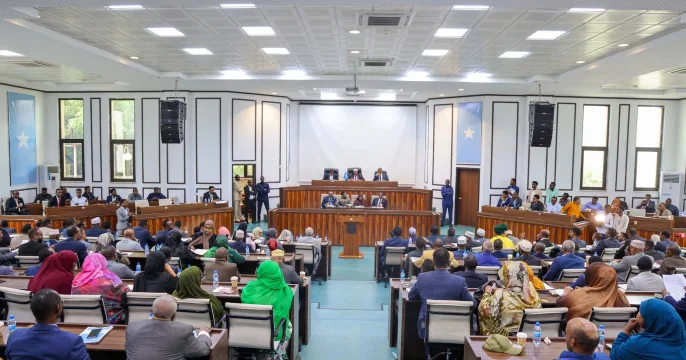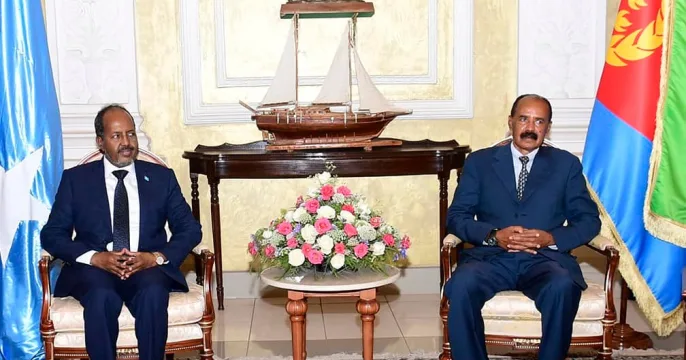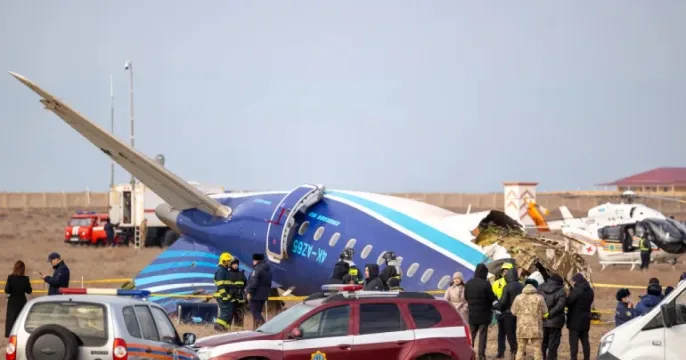In a startling move, the European Union (EU) has temporarily halted its funding to the World Food Programme (WFP) operations in Somalia following a damning United Nations (UN) investigation that revealed the widespread theft
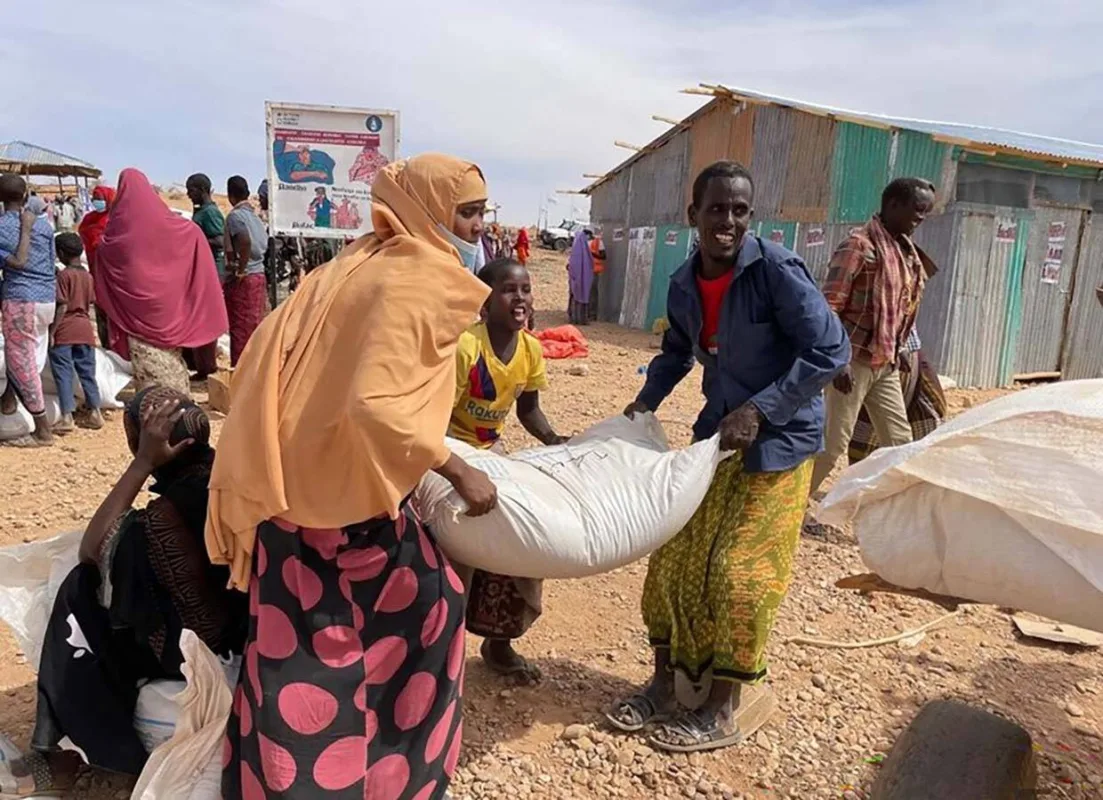
In a startling move, the European Union (EU) has temporarily halted its funding to the World Food Programme (WFP) operations in Somalia following a damning United Nations (UN) investigation that revealed the widespread theft and misappropriation of humanitarian aid meant for the country’s most vulnerable populations.
Last year alone, the EU extended a generous sum of over $7 million in aid to WFP Somalia, highlighting the substantial commitment to alleviating the dire humanitarian crisis in the region. The suspension of EU funding raises questions about whether individual member states will follow suit by suspending their own bilateral aid to Somalia.
The UN report at the heart of this controversy exposes a harrowing reality on the ground. Internally displaced individuals, already grappling with dire circumstances, were forced to part with up to half of the cash assistance they received, coercively extorted by local gatekeepers and individuals wielding power within the community. Shockingly, a wide range of actors were implicated in the misappropriation of aid, including landowners, local authorities, security forces, and even aid workers themselves.
In response to these deeply troubling findings, the EU has imposed stringent conditions that the WFP must meet before aid can resume flowing into Somalia. These conditions include a thorough vetting process for local partners operating within Somalia, an essential step towards ensuring that aid reaches those who need it most.
Meanwhile, across the Atlantic, the United States, which provides the lion’s share of aid to Somalia, has made a distinction between the situations in Somalia and neighboring Ethiopia. While the US has suspended food aid to Ethiopia due to similar concerns regarding aid diversion, it has not announced any plans to pause aid to Somalia at this stage.
The UN report has characterized the issue of aid diversion in Somalia as “widespread and systemic,” signaling the urgent need for improved monitoring and distribution mechanisms to ensure that aid effectively reaches its intended recipients. The international community now faces the pressing challenge of not only addressing the immediate crisis but also implementing robust safeguards to prevent such devastating misallocation of aid resources in the future.
As Somalia grapples with a multifaceted humanitarian crisis compounded by the effects of conflict, drought, and displacement, the suspension of EU funding serves as a stark reminder of the critical need for transparency and accountability in humanitarian operations. International organizations and donors must work in tandem to restore faith in the aid delivery process and ensure that aid reaches those who are most in need, untainted by corruption or exploitation.
